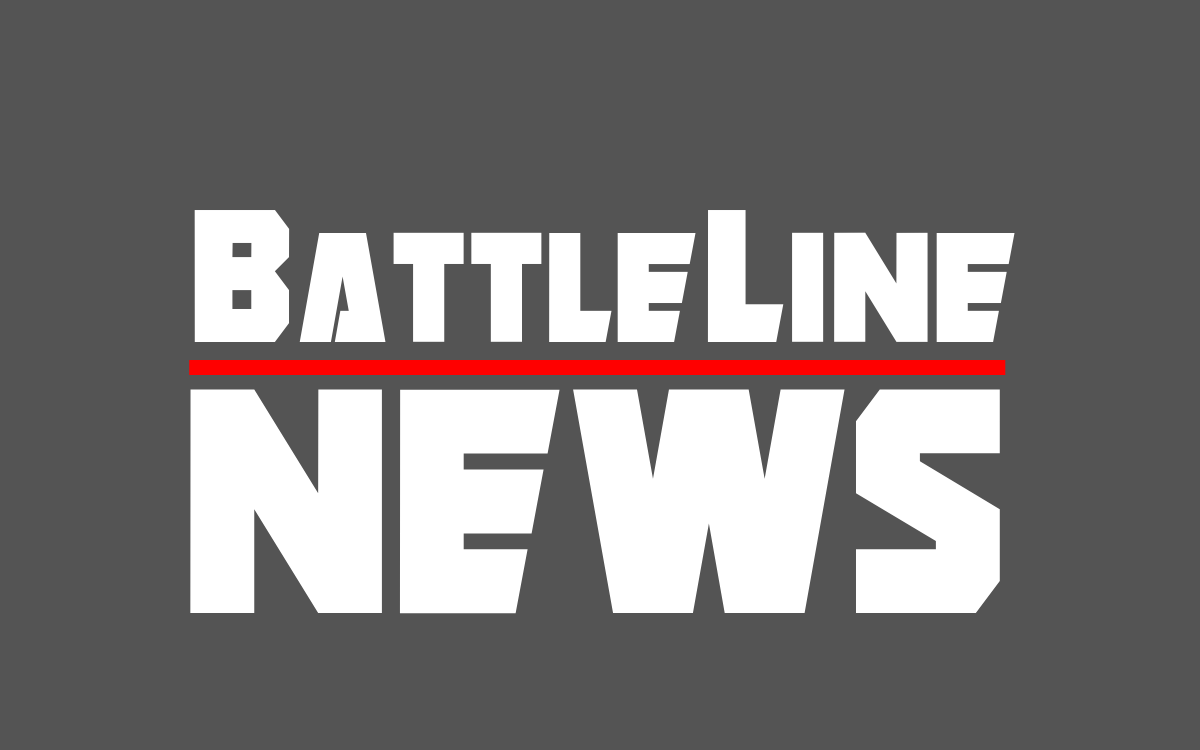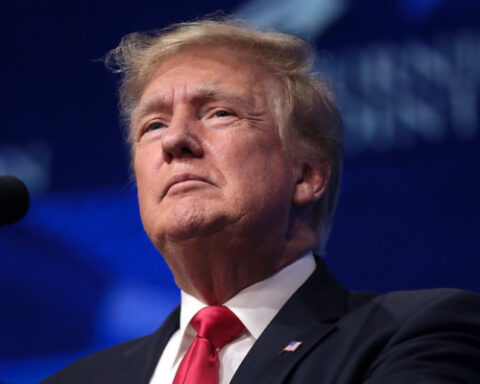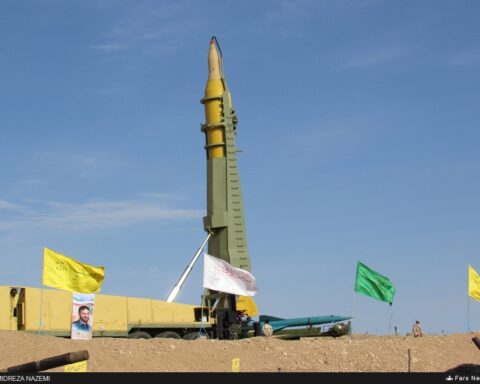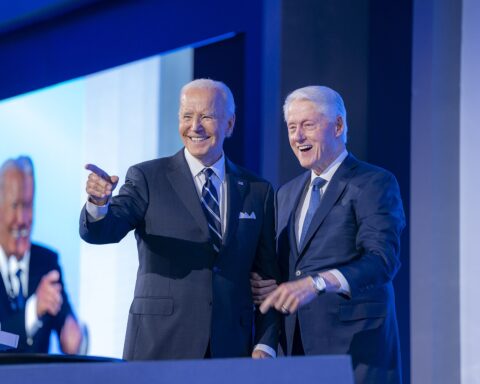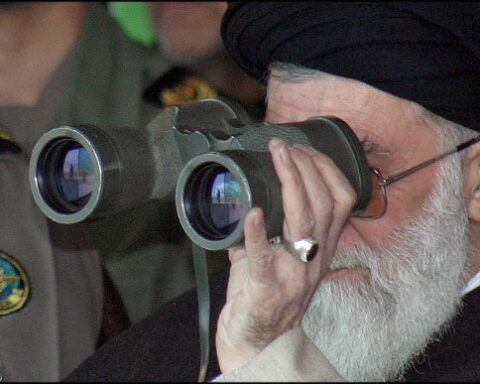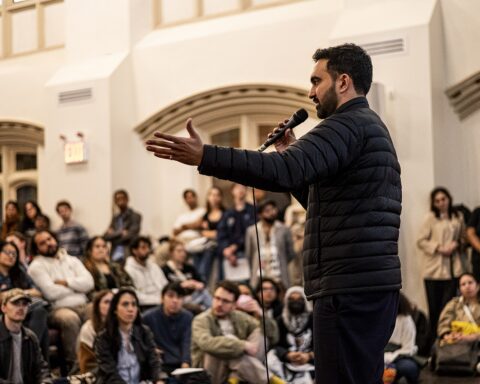At the White House this week, President Donald J. Trump made clear that decisions over Israel’s military plans in Gaza should be left to the Israeli government, signaling a tacit green light for Prime Minister Benjamin Netanyahu’s move to take control of the territory despite international criticism.
“I know that we are there now trying to get people fed… As far as the rest of it, I really can’t say. That’s going to be pretty much up to Israel,” Trump said, emphasizing that while the United States is leading efforts to distribute humanitarian aid amid famine-like conditions, it is not his role to second-guess Israel’s security strategy.
Netanyahu’s plan, approved by Israel’s security cabinet late Thursday, comes as the country faces intense political divisions at home and mounting opposition abroad.
Germany announced it would halt certain arms exports to Israel, following moves by France, Canada, and the United Kingdom to signal recognition of an independent Palestinian state—a move Israel insists rewards Hamas for its Oct. 7, 2023, terrorist attack.
British officials, raising concerns, called for an emergency United Nations Security Council meeting. Vice President J.D. Vance, speaking alongside U.K. Foreign Minister David Lammy, noted that while the U.S. and Britain share “a lot of common objectives,” there is “some… disagreement about how exactly to accomplish those common objectives.”
Netanyahu, however, defended the plan in strong terms, accusing Germany of “rewarding Hamas terrorism by embargoing arms to Israel.” He said Israel’s goal was not occupation, but liberation: “We are not going to occupy Gaza – we are going to free Gaza from Hamas,” he stated Friday. The prime minister outlined a vision for a demilitarized Gaza under a peaceful civilian administration, “not the Palestinian Authority, not Hamas, and not any other terrorist organization,” with the twin aims of freeing hostages and ensuring Gaza no longer threatens Israel.
While public opinion in Israel shows skepticism about whether the military operation will achieve these goals, Netanyahu has insisted the plan is necessary.
Israel’s military chief, Eyal Zamir, initially warned the takeover could harm the hostages and entangle the army, but ultimately pledged the military would execute the decision “in the best possible way.”
The proposal has drawn criticism from opposition leader Yair Lapid, who called it “a total disaster,” and from the Hostages Families Forum, which accused the government of “abandoning the hostages.”
In the United States, Israel still enjoys broad bipartisan support, though some progressive Democrats and a handful of isolation-minded Republicans have voiced opposition to the scale and cost of the war effort.
Rep. Marjorie Taylor Greene (R-Ga.) has called Israel’s campaign “genocide,” and Rep. Thomas Massie (R-Ky.) has reiterated his opposition to sending U.S. funds to foreign militaries.
House Speaker Mike Johnson (R-La.) underscored GOP solidarity with Israel during a visit to Israeli settlements in the West Bank, echoing a previous trip by former Secretary of State Mike Pompeo, who affirmed that the U.S. does not consider such settlements illegal.
Trump’s remarks this week reinforced a conservative principle long embraced by his supporters: that sovereign allies like Israel should be trusted to make their own security decisions, even when those decisions face pushback from international critics.
[READ MORE: Trump Secretly Authorizes Pentagon to Target Cartels, Citing National Security Threats]
